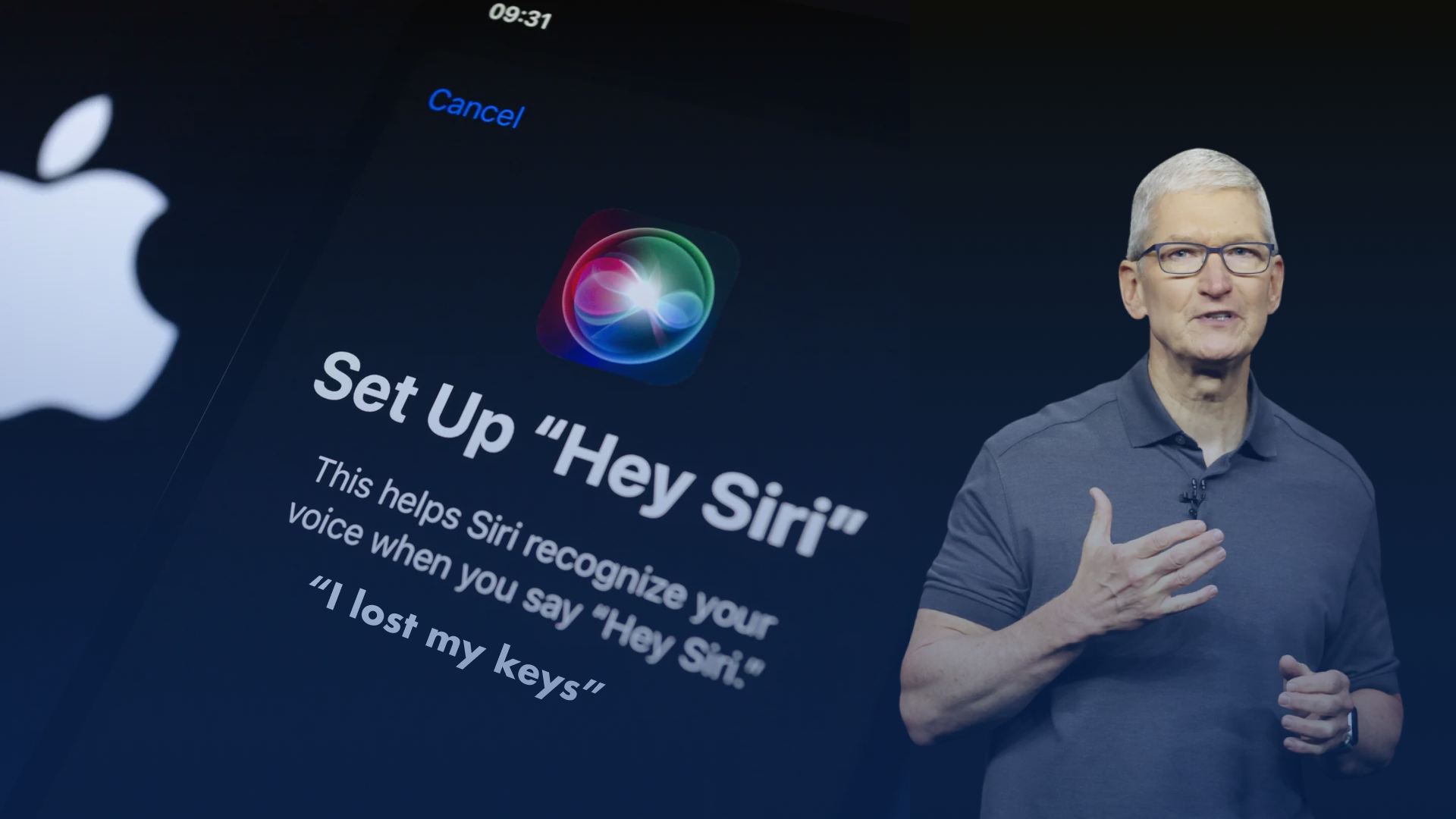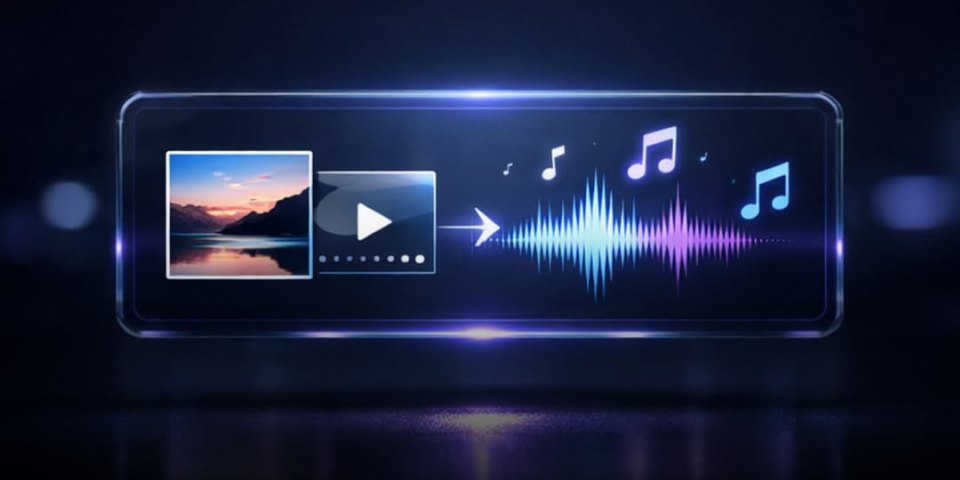Apple has agreed to pay $95 million to settle a lawsuit that accused it of violating users’ privacy through the use of its virtual assistant Siri. The proposed agreement, recently filed in a federal court in California, puts an end to a dispute that has now lasted for five years. At the heart of the case are allegations that Apple has surreptitiously activated Siri to record users’ conversations via iPhone and other devices for over a decade.
The charges: hidden interceptions and sharing with advertisers
The case claims that, contrary to Apple’s promises regarding privacy protection, Siri voice assistant would be activated automatically, even when users did not intend to activate it. This would lead to recording private conversations without the users’ consent, even when the “Hey, Siri” passwords were not being spoken. These unauthorized registrations were allegedly shared with third parties, including advertisers, to improve marketing strategies and promote products to consumers who were more likely to buy them.
The case is particularly controversial because it contrasts with the public rhetoric of Apple, which has always placed privacy at the center of its business philosophy. CEO Tim Cook has repeatedly stressed that privacy is a “fundamental human right”, with Apple often presenting itself as one of the most sensitive companies to user data protection, especially compared to competitors like Google and Facebook.
Details of the agreement: compensation for users
The proposed settlement does not imply that Apple will admit any fault, but it serves to close the case without going to trial. Now, however, the US district judge, Jeffrey White, will have to approve the deal before it becomes final. The lawyers have already scheduled a hearing for February 14 in Oakland, where the court will review the terms of the compensation.
If the deal is approved, tens of millions of consumers who have owned Apple devices such as iPhones, iPads and Macs with Siri voice assistant between September 17, 2014 and the end of 2023 will be able to claim compensation. Each eligible consumer could receive up to $20 for each device that accessed the recording of conversations through Siri, although the final amount may vary depending on the number of claims received.
Lawyers estimate that only a small percentage of users (around 3-5%) will be seeking compensation. Each eligible user can claim compensation for up to five devices. In total, it is estimated that the compensation will cover a substantial number of consumers, although the amount for each one will not be significant compared to Apple’s huge profits.
The financial implications for Apple
Despite the size of the deal ($95 million), this figure represents a fraction of Apple’s earnings. In the period from 2014 to today, Apple has generated profits of around $705 billion. Therefore, the amount of compensation is a relatively small sum compared to the financial resources of the company.
Moreover, the deal is a fraction of what Apple could have been forced to pay if the case went to trial and was found guilty of violating privacy laws, including those relating to wiretaps. According to initial estimates by consumer lawyers, Apple could face up to $1.5 billion in compensation if the case were judged unfavorable.
Lawyers representing users may claim up to $29.6 million from the compensation fund to cover their legal fees and court costs. A figure that could be the subject of discussion, but which still testifies to the enormous legal complexity of a case involving one of the most influential companies in the world.
Apple’s defense and privacy stance
Apple has consistently argued that its data collection and use practices are designed to protect users’ privacy. The company said that information collected through Siri was anonymous and used only to improve service performance, such as voice recognition quality.
Despite allegations of unauthorized wiretapping, Apple has repeatedly stated that it has taken steps to improve users’ privacy. Among these, the company has introduced options that allow users to disable voice data collection or delete it completely. Siri has also progressively improved the use of anonymization, reducing the risk of identifying people through recorded conversations.
The context: privacy and future regulations
This agreement with Apple reflects a broader climate of increasing focus on privacy and data management in the digital world. Technology companies, especially those in the smart devices and voice assistants sector, are under increasing pressure from governments, Regulators and consumers to ensure that personal data is handled with greater transparency and security.
The dispute with Apple is part of a wider global debate on privacy protection. In particular, the European Union has strengthened its regulations with the General Data Protection Regulation (GDPR), while discussions on a federal privacy law are underway in the United States. The case of Apple represents, therefore, an important precedent for all technology companies operating in a context increasingly attentive to the security of users’ data.
Conclusion
The case of wiretapping with Siri raises fundamental questions about the management of privacy by large technology companies. Although Apple does not plead guilty, the $95 million deal is an important step toward resolving a lawsuit that has shaken consumer confidence in the reliability of companies’ privacy promises. The issue of data protection remains central and will continue to be a battleground for future regulation and consumer confidence.






